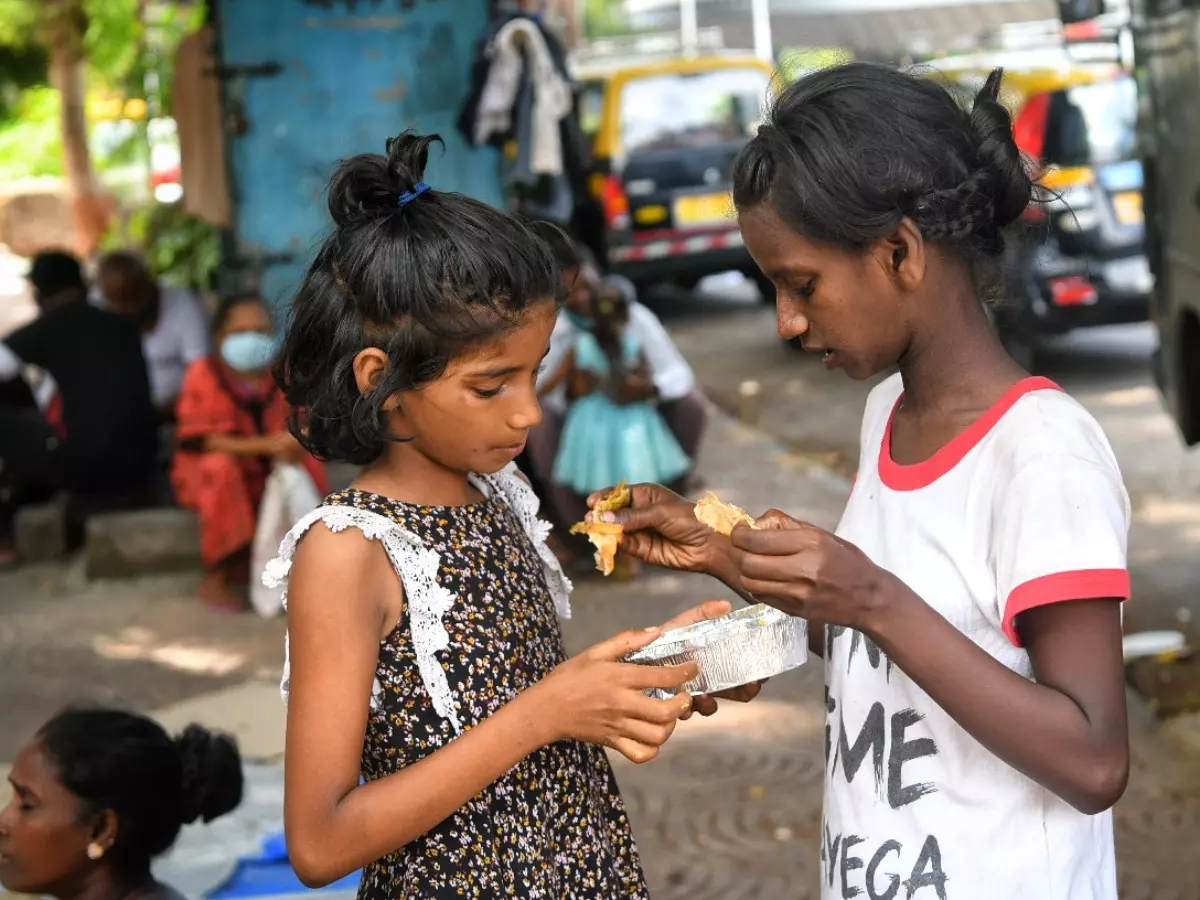World Inequality Report 2022: India's Poor Is 'Very Poor'; Income Inequality Also Low
According to the findings of the World Inequality Report 2022, average national income of the Indian adult population is Rs 2,04,200. But, the bottom 50% of earns Rs 53,610 while the top 10% earns Rs 11,66,520, over 20 times more.

India is one of the most 'unequal' countries in the world, where the gap between the poor and the rich is wide.
According to the findings of the World Inequality Report 2022, average national income of the Indian adult population is Rs 2,04,200. But, the bottom 50% of earns Rs 53,610 while the top 10% earns Rs 11,66,520, over 20 times more.
 AFP
AFP
World Inequality Report 2022
The report, titled ' World Inequality Report 2022', has been authored by Lucas Chancel, co-director of the World Inequality Lab, and coordinated by several experts, including French economist Thomas Piketty.
It found that the top 10% and top 1% in India hold 57% and 22% of the total national income respectively while the bottom 50% share has gone down to 13%.
"India stands out as a poor and very unequal country, with an affluent elite,¡± the report states.
 AFP
AFP
India's middle class poor
According to the report, India¡¯s middle class is relatively poor with an average wealth of only Rs 7,23,930 or 29.5 per cent of the total national income, as compared with the top 10 per cent and 1 per cent who own 65 per cent (Rs 63,54,070) and 33 per cent (Rs 3,24,49,360), respectively.
According to the report, average household wealth in India stands at Rs 983,010.
It observed that the deregulation and liberalisation policies implemented since the mid-1980s have led to "one of the most extreme increases in income and wealth inequality observed in the world".
The report also found that that the income inequality in India, based on gender is also wide.
 BCCL
BCCL
"The female labor income share is equal to 18 per cent. This is significantly lower than the average in Asia (21 per cent, excluding China)," the report said, adding that this value is one of the lowest in the world, slightly higher than the average share in Middle East (15 per cent).
Income inequality
The report stated that there was a high income inequality in India under the British.
But after independence, due to socialist-inspired five-year plans, this share was reduced to 35-40%. Owing to poor post-Independence economic conditions, India embarked upon deregulation and loosening controls in the form of liberalisation policies.
 BCCL
BCCL
The report argues that these policies have led to one of the most extreme increases in income and wealth inequality observed in the world.
The report noted that income and wealth inequalities have been on the rise nearly everywhere since the 1980s, following a series of deregulation and liberalisation programs which took different forms in different countries.
For more on news and current affairs from around the world, please visit Indiatimes News.
